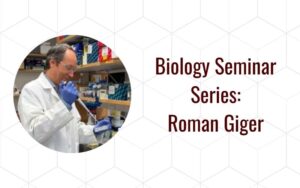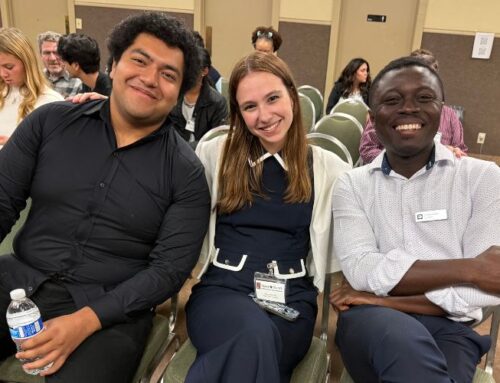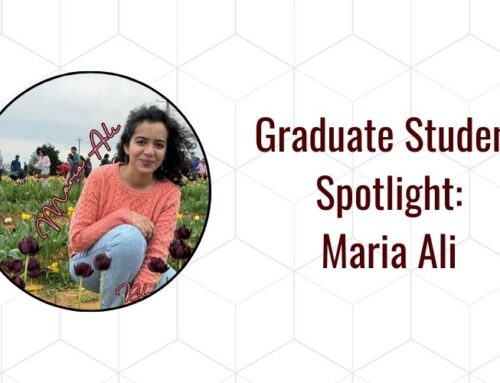Biology Seminar Series: Roman Giger
By: TAMU Biology
 Neuroscientist Dr. Roman Giger to Speak at Texas A&M University
Neuroscientist Dr. Roman Giger to Speak at Texas A&M University
The Department of Biology at Texas A&M University is pleased to welcome Dr. Roman Giger as the featured speaker for the upcoming seminar on Tuesday, February 11, 2025, at 4:00 PM in BSBE 115. The event will be hosted by Dr. Dylan McCreedy.
Dr. Giger received his Ph.D. from the University of Zurich and conducted postdoctoral research at The Netherlands Institute for Brain Research. His research focuses on the environmental mechanisms that regulate axon regeneration in the nervous system. Over the past two decades, his lab has identified novel ligand-receptor pairs that influence neuronal growth and has characterized their roles in both healthy and injured nervous systems. A primary area of interest involves exploring the intricate crosstalk among neurons, glia, and immune cells.
Dr. Giger’s contributions to neuroscience have been recognized with multiple prestigious awards, including those from the Charles A. Dana Foundation, Christopher Reeve Foundation, Ellison Medical Foundation in Aging, NARSAD, and the Alfred Blalock Award. He currently serves on multiple research panels, including the NIH (Cellular and Molecular Biology of Glia), the National Multiple Sclerosis Society, the European Research Council, and the Paralyzed Veterans America Foundation.
This seminar is free and open to the public, offering students, faculty, and the broader scientific community an opportunity to engage with cutting-edge research in neuroscience and regenerative biology.
Event Details:
- Speaker: Dr. Roman Giger, Professor, University of Michigan
- Host: Dr. Dylan McCreedy
- Topic: Characterization of Immune Cells and Molecules that Promote and Suppress CNS Axon Regeneration
- Date: Tuesday, February 11, 2025
- Time: 4:00 PM
- Location: BSBE 115
Abstract In adult mammals, injured retinal ganglion cells (RGCs) fail to spontaneously regrow severed axons, leading to permanent visual deficits. However, research has shown that robust axon regeneration can be induced via intraocular injection of particulate β-glucan isolated from yeast. This process triggers a rapid response from bloodborne myeloid cells, which release pro-regenerative factors.
Unfortunately, the regenerative process is hindered by immune system overactivation, which leads to retinal damage. Dr. Giger’s research demonstrates that protecting the inflamed vasculature enhances immune-mediated RGC regeneration. His findings reveal that microglia play a crucial role—in their absence, blood-retina barrier permeability increases, pro-inflammatory neutrophils become elevated, and axon regeneration is reduced. Notably, targeting specific immune components, such as the complement receptor 3 (CD11b/integrin-αM), has been found to reduce ocular inflammation and enhance axon regeneration. Additionally, blocking the entry of blood-borne monocytes into the eye during β-glucan treatment significantly impairs RGC axon regeneration.
These findings highlight the dual roles of immune cells in both promoting and suppressing neuronal regeneration and suggest that vascular protection is key to enhancing central nervous system repair.
About the Speaker Dr. Roman Giger is a distinguished neuroscientist recognized for his pioneering work in axon regeneration, neuronal growth, and immune-neural interactions. His research bridges fundamental cellular and molecular neuroscience with translational applications in nerve injury repair. He is actively involved in shaping the future of neuroscience through his service on multiple scientific advisory boards and funding panels.





